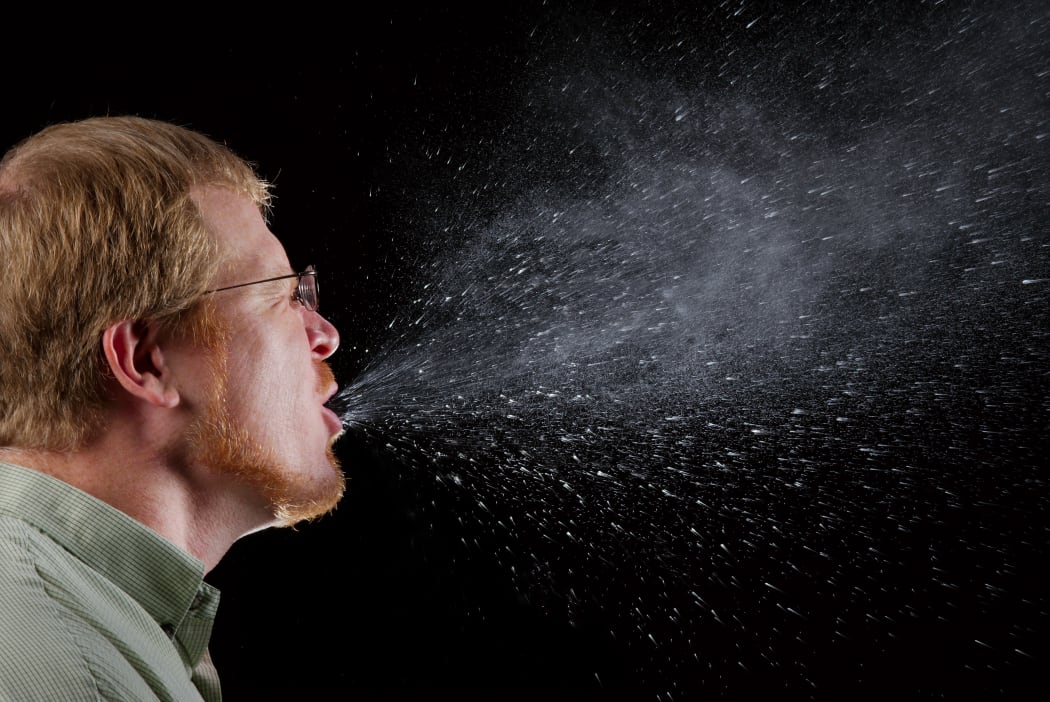With cold and flu season lurking, Dr Shaun Holt shares some tips to prevent and treat the common cold.

Photo: Supplied
Dr Holt is an Adjunct Professor at Victoria University of Wellington, advisor to several pharmaceutical companies and scientific director and founder of Honey Lab.
He says there is evidence that honey is useful in treating coughs, which are often a symptom of colds.
“It seems to line the throat, soothe the throat and it’s particularly good for that sort of tickly cough that children get.”
Vitamin C is also useful and a lot of strong evidence is emerging that Zinc is another powerful remedy, he says.
“Taken regularly to prevent cold and regularly to reduce the severity and duration of colds.”
Zinc is used in the form of a lozenge and often tastes very bad, he says.
“It is a metal and it tastes like you’ve got a metal in your mouth.”
Echinacea has also proved successful, but Holt says he wouldn’t recommend it for people who have asthma.
“There’s some rare but very severe cases of allergy.”
A lot of evidence is emerging about the impacts of Vitamin D in helping to deal with a range of ailments, particularly respiratory illnesses, he says.
“Often our Vitamin D levels are low in the winter and a lot of my GP colleagues now are actually prescribing Vitamin D supplements for winter, particularly to people with asthma and other chest diseases, who are more prone to respiratory infections.”
Antibiotics, on the other hand, are almost never beneficial for symptoms of the common cold, he says.
“There’s been huge public health campaigns to get the message out there. Antibiotics, they treat bacterial infections, coughs and colds are almost always viruses, they’re not going to work.”
But the exception to that is chest infections, he says.
“When you’re coughing up lots of horrible stuff and feeling really ill, then you may have a secondary bacterial infection, and that is when antibiotics may work.”
Holt says there’s also some truth to claims of the ‘man-flu’.
“In animal studies, in rats and mice, there’s evidence that symptoms of the common cold are more severe in males than females."
Another key defence in warding off colds is age, he says.
“Children have an average of around eight a year, whereas older people, it’s down to an average of around three a year, just because we see the cold viruses and we become immune to them.”

